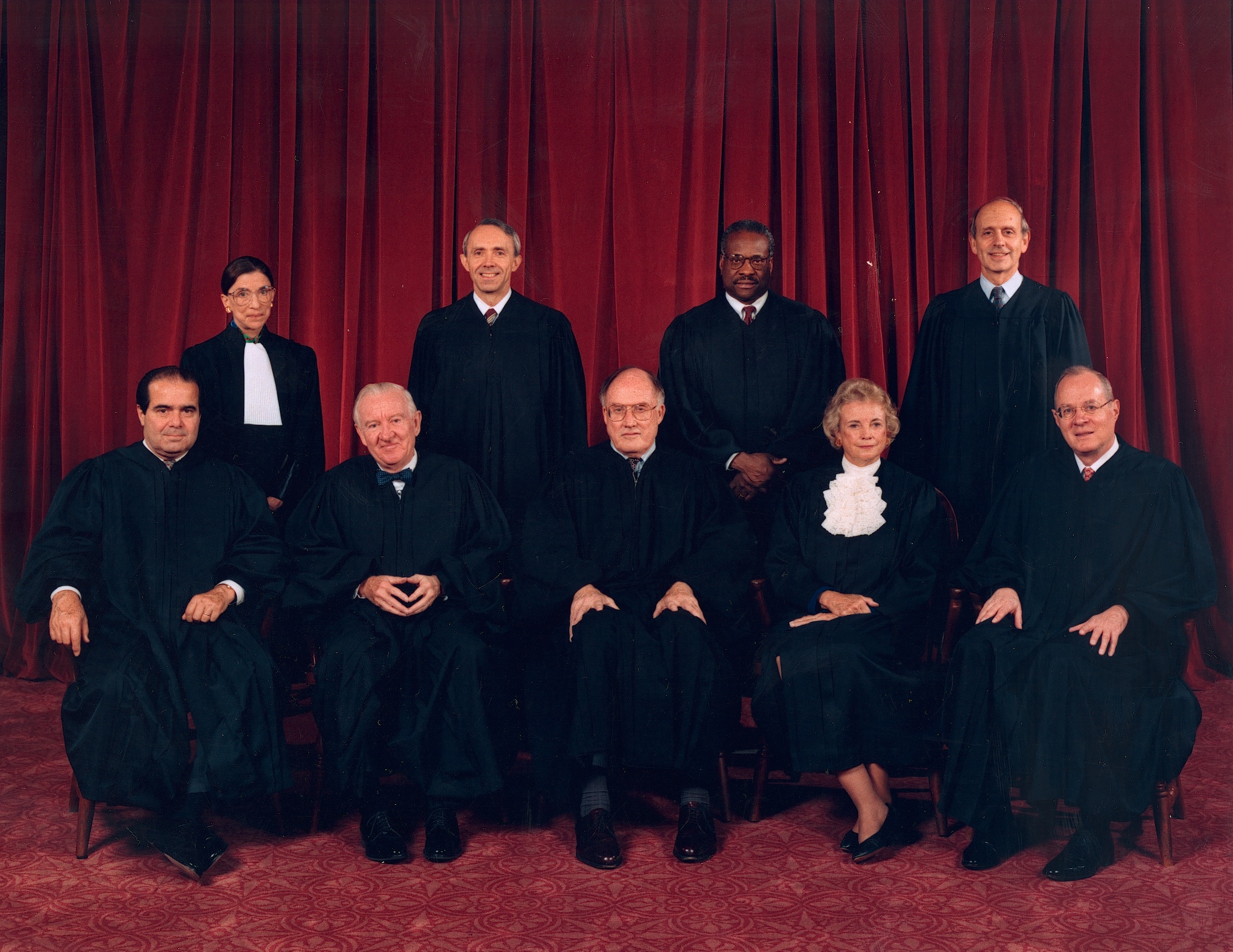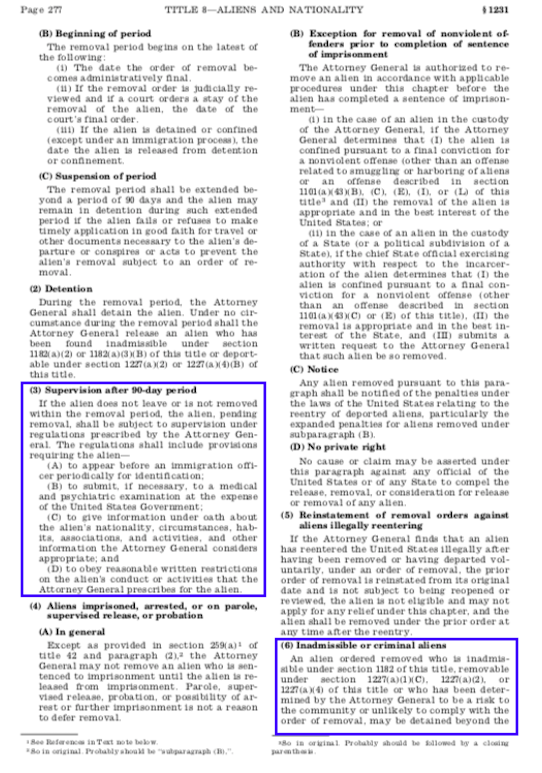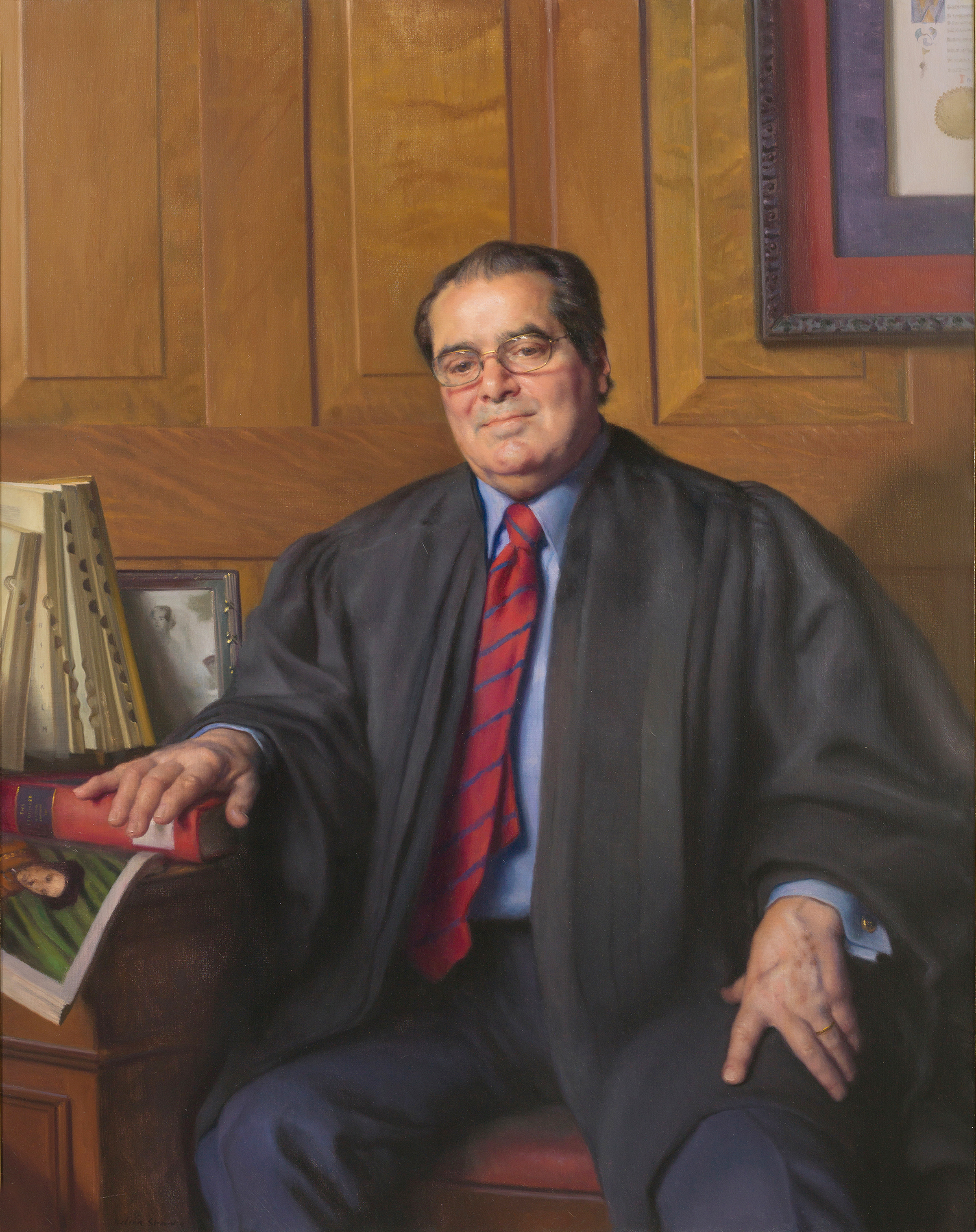The Court used precedent from Zadvydas v. Davis, that 1231(a)(6) that limited detention beyond 90 days. "The question was if that principle would apply to detainees that were inadmissable. Using precedent, Martinez and Benitez were released as inadmissable aliens with an unforseeable deportation. In a 7-2 decision delivered by Justice Antonin Scalia, the Court said the requirement that immigrants be detained no longer than reasonably necessary for deportation applied to both admissible and inadmissible immigrants. Readmission to Cuba was unforeseeable, so the detentions of Martinez and Benitez were unreasonable" (Oyez).
Fleeing Fidel & Finding Florida
The Mariel Boatlift an Immigration Breakthrough
Clark v. Martinez



